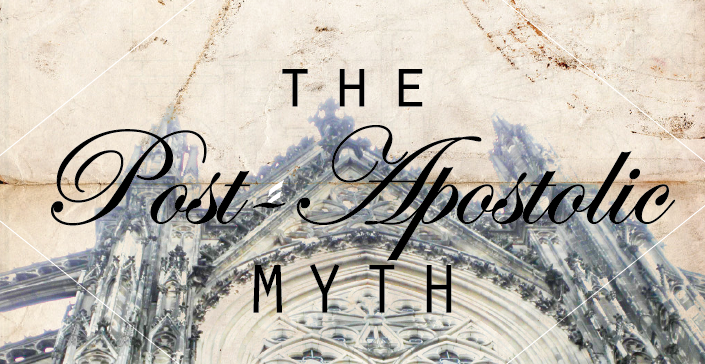
The argument that the miraculous gifts of the Holy Spirit ceased when the canon of the twenty-seven books of the New Testament was completed is flawed and ungrounded. With regard to the ultimate canonization of the New Testament, it actually came in three stages: the Councils of Hippo (393); the third Council of Carthage (397); and finally, the sixth Council of Carthage in 419. [38] The actual list below is from the sixth Council of Carthage in 419, and it interestingly included some of the Apocryphal books:

As seen above, the recognition of these books by the church was not in a moment by an ecumenical council, but rather over a period of time:
“While Paul’s epistles and the four Gospels had probably won general acceptance by ca. 200, the great church historian Eusebius (ca. 260–340) could still list Christian Scriptures under three categories: books that were accepted in his day, others that were definitely not accepted, and a third category of “disputed” books on which opinions still differed (Historia ecclesiastica 3.25; Williamson 1965: 134). As is well known, the precise twenty-seven books that eventually constituted the canon of the NT are first listed in the Easter Letter of Athanasius in 367. The synods of Hippo (393) and Carthage (397) recognized the twenty-seven-book list, but their decisions were binding only in North Africa. By the fifth century a general consensus had developed, though doubts about individual books lingered on in certain localities for some time. Significantly, no ecumenical council made a ruling on the canon. This underlines the fact that the church did not choose the canon (that would have made the canon subordinate to the church); the church, over an extended period of time, recognized the canon that was already in existence.” [40]
Thus, two things stand out to us: (1) the Apocryphal Books were contained in the Old Testament Canon by the Early Church; (2) and secondly, the recognition of the twenty-seven canonical books in the modern New Testament occurred in a semi-official manner from ca. 393-419 AD. That is a period of twenty-six years.
Nagging Questions
These facts bring up some logical and practical questions that must be considered by proponents of the cessationist theory that the gifts of the Holy Spirit ceased when the New Testament Canon was established:
1) Did they cease in 393 AD, 397 AD, or 419 AD? Or was their cessation a piece-by-piece gradual process by which some ceased in 393, with others lasting until 397 and the final sign gifts dropping off in 419?
2) Considering that it took some time for notice to spread throughout the civilized, Roman Empire where Christianity was established, did the gifts last in the far-off geographical areas until Christians there were actually notified of the canonical list of books?
3) In North Africa the final list of canonical books was recognized on May 25, 419 AD. Does this mean that if someone was praying in tongues at the moment the canon was formerly finalized that they suddenly lost the ability to continue praying? Or if someone was praying for a sick person to be healed in North Africa on May 25, 419, at 5:15 pm, and the decision of the sixth Carthage Council was finalized at 5:00 pm, could the sick person not be healed because they missed the deadline for close of the apostolic age by 15 minutes?
4) Some have proposed that the miraculous gifts of the Holy Spirit ceased when the last Apostle died. The last foundational apostle to die was the Apostle John on the Isle of Patmos. If he died on July 19, 100 AD, at 3:22 and someone was praying in tongues at that very moment, did they suddenly have an inability to continue praying in tongues?
When you consider the true process by which the canon was recognized and ask logical questions like those above, it becomes difficult to see cessationism as anything more than a theological position that is devoid of any real coherence. When you bring reality to bear on the cessationist view that the gifts ceased with the close of the apostolic age, it appears to be little more than a myth.
*Note- Calvary Chapel does not believe that the apocryphal books cited in the quotation above are canonical.
[38] F. F. Bruce, The Canon of Scripture (Downers Grove, IL: Inter-Varsity Press, 1988), 97. [39] Philip Schaff & Henry Wace, eds., Nicene and Post-Nicene Fathers of the Christian Church, Second Series, Vilume XIV (Grand Rapids: Wm. B. Eerdmans Publishing Company, reprinted 1983), 453-454. [40] Charles Scobie, The Ways of Our God: An Approach to Biblical Theology (Grand Rapids: Wm. B. Eerdmans Publishing Company, 2002), 55-56.





